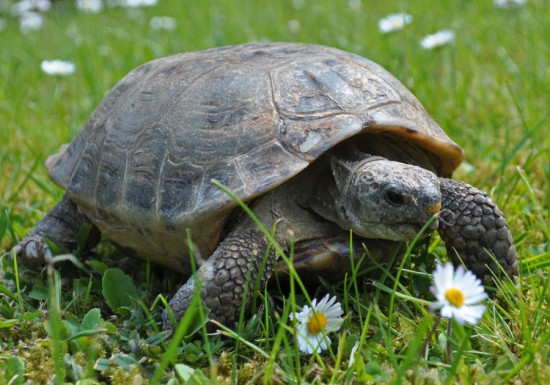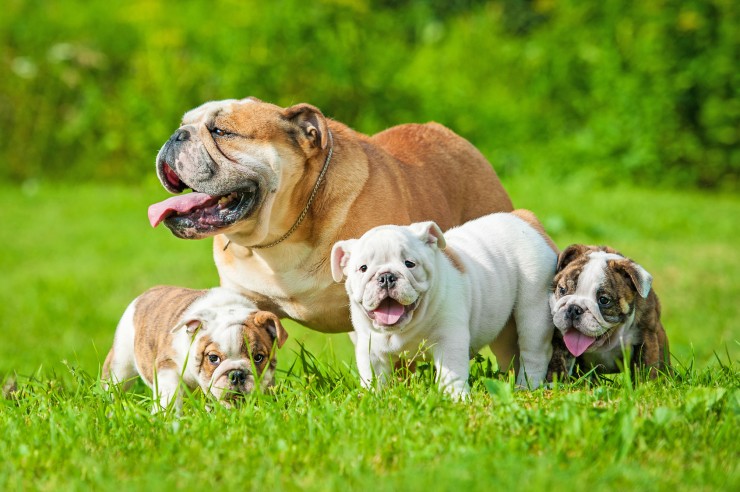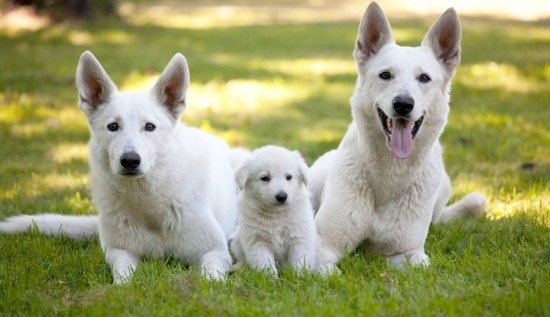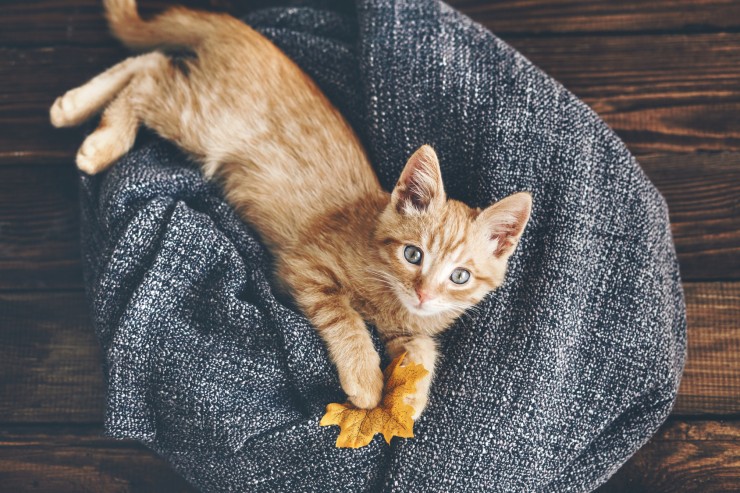Let's forget about the bird flu for a while. Pet lovers are just crazy about exotic chickens; they're the new rage today. Those with spacious yards and gardens or large-enough enclosures on their rooftops can take advantage of this unique pet hobby.
Just like parrots, mynnah birds and pigeons, exotic chickens make great decorative pets. They are easy to breed and can fetch a good price at the pet market. Pet owners become breeders since they reproduce very easily. Just like your ordinary chickens, all they need is a good home and nutritious food. Chickens are also quite smart and they can be trained to follow their owners around the house or do simple tricks.
The Humble Chicken
Domesticated for over 4,000 years, chickens had been a part of our lives. There are many breeds to choose from. Most are bred for their meat, some for their eggs, but some are raised by fanciers because of their plumage and unique looks. These birds range in weight from 3-4.5 kilos, some bigger breeds can weigh up to 6 kilos. By 22 weeks of age, they are ready to reproduce. Chickens are polygamous birds. Usually, the ratio of rooster to hens is one cock per three to four hens. Two roosters will not get along well with each other; there will always be fights, so a separate enclosure for every cockarel and his harem is advised.
A good layer can produce one egg a day which the hen collects in her own nesting box. Around a dozen or so eggs are laid before she incubates them. It takes 21 days for the eggs to hatch. Chicks are born with soft, fluffy down feathers and are able to run around immediately after hatching. They are independent of their mothers in a week and will start to shed their baby down for feathers and the adult coloring and markings at around two to three weeks.
Chicken feet are designed for scratching the ground. For better maintained chickens, they need to have a place to scratch the ground with and forage around. They eat seeds, insects, and leafy plants. An enclosure is advised since chickens are known to destroy gardens. The fence should at least be 6-8 feet tall. Chickens may not be good flyers, but they can leap over anything below 5 feet at sudden bursts of flight. To prevent predators from taking advantage of your collection, the enclosure should be secured properly.
Rats, cats, dogs and other large animals may harm your flock or their eggs. Chickens also wander far and wide, and it is best to keep them inside their chicken house since they could be a nuisance to neighboring gardens.

 Pet Insurance For Exotic Pets
Pet Insurance For
Pet Insurance For Exotic Pets
Pet Insurance For
 Your Responsibilities When Buying A Puppy
Your Responsibili
Your Responsibilities When Buying A Puppy
Your Responsibili
 Your New Puppy - Development From Twelve Weeks Old To Adulthood
Your New Puppy -
Your New Puppy - Development From Twelve Weeks Old To Adulthood
Your New Puppy -
 How To Teach The Kids To Play Nicely With A New Kitten
How To Teach The
How To Teach The Kids To Play Nicely With A New Kitten
How To Teach The
 Dogs And Flatulence - Dealing With A Stinky Dog
Dogs And Flatulen
Dogs And Flatulence - Dealing With A Stinky Dog
Dogs And Flatulen